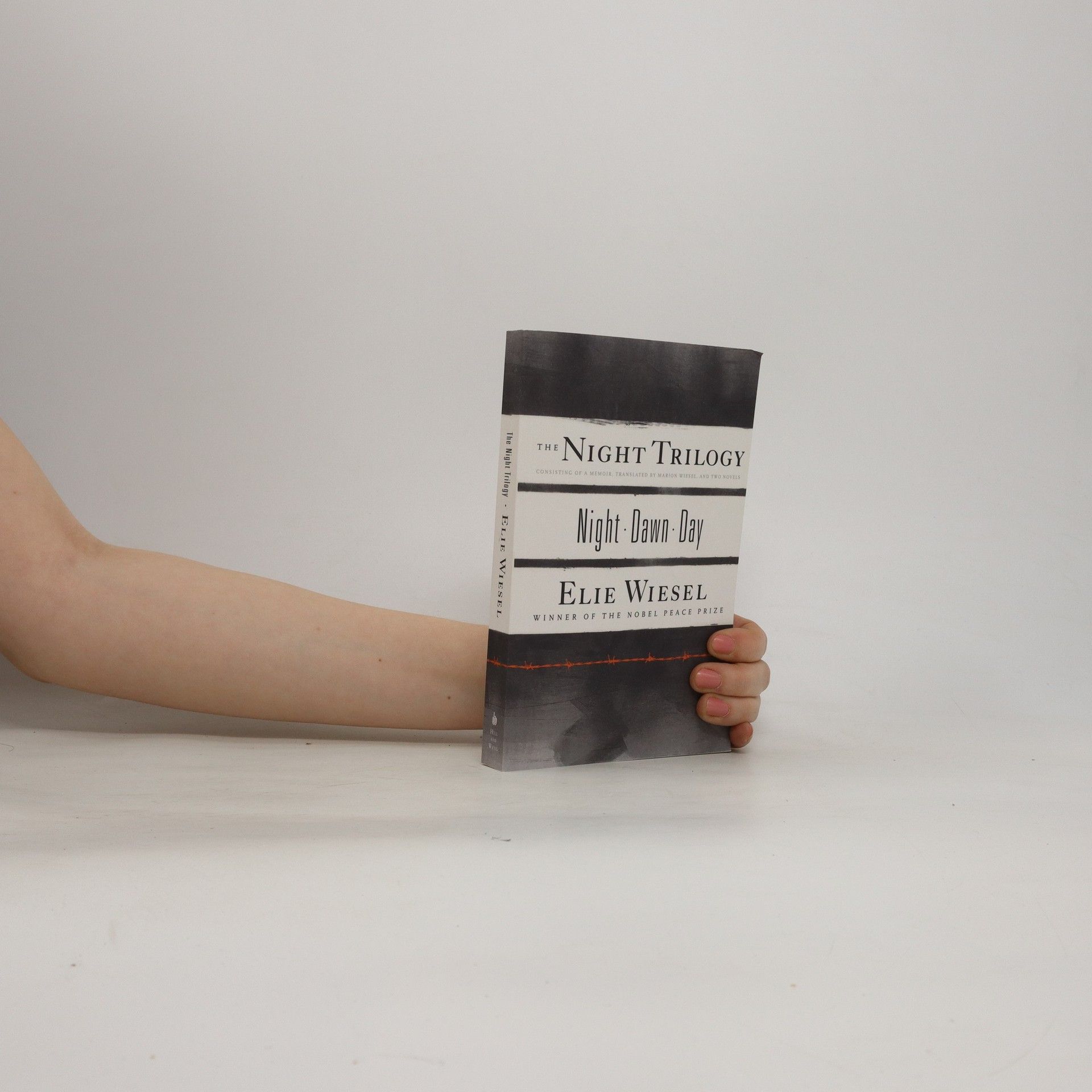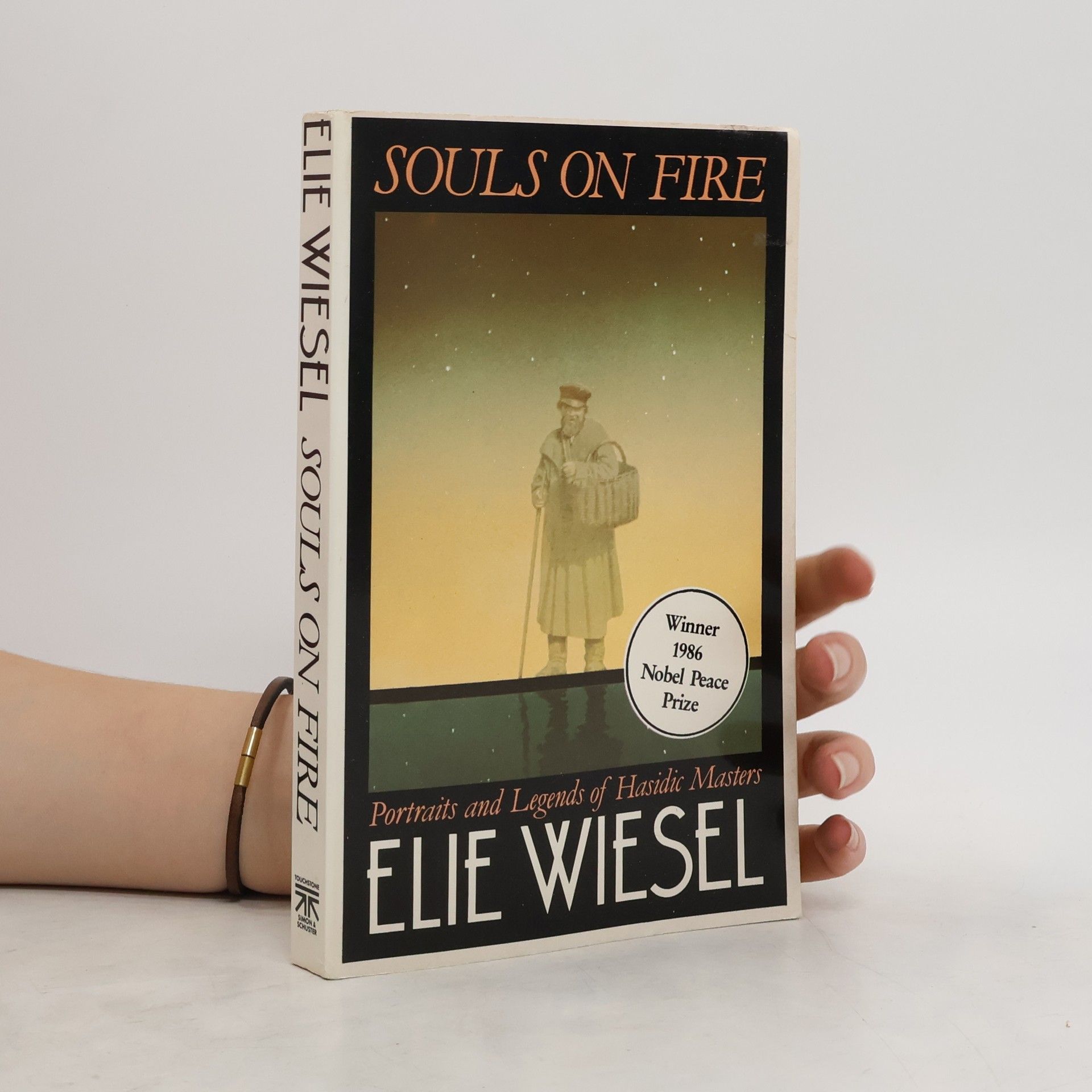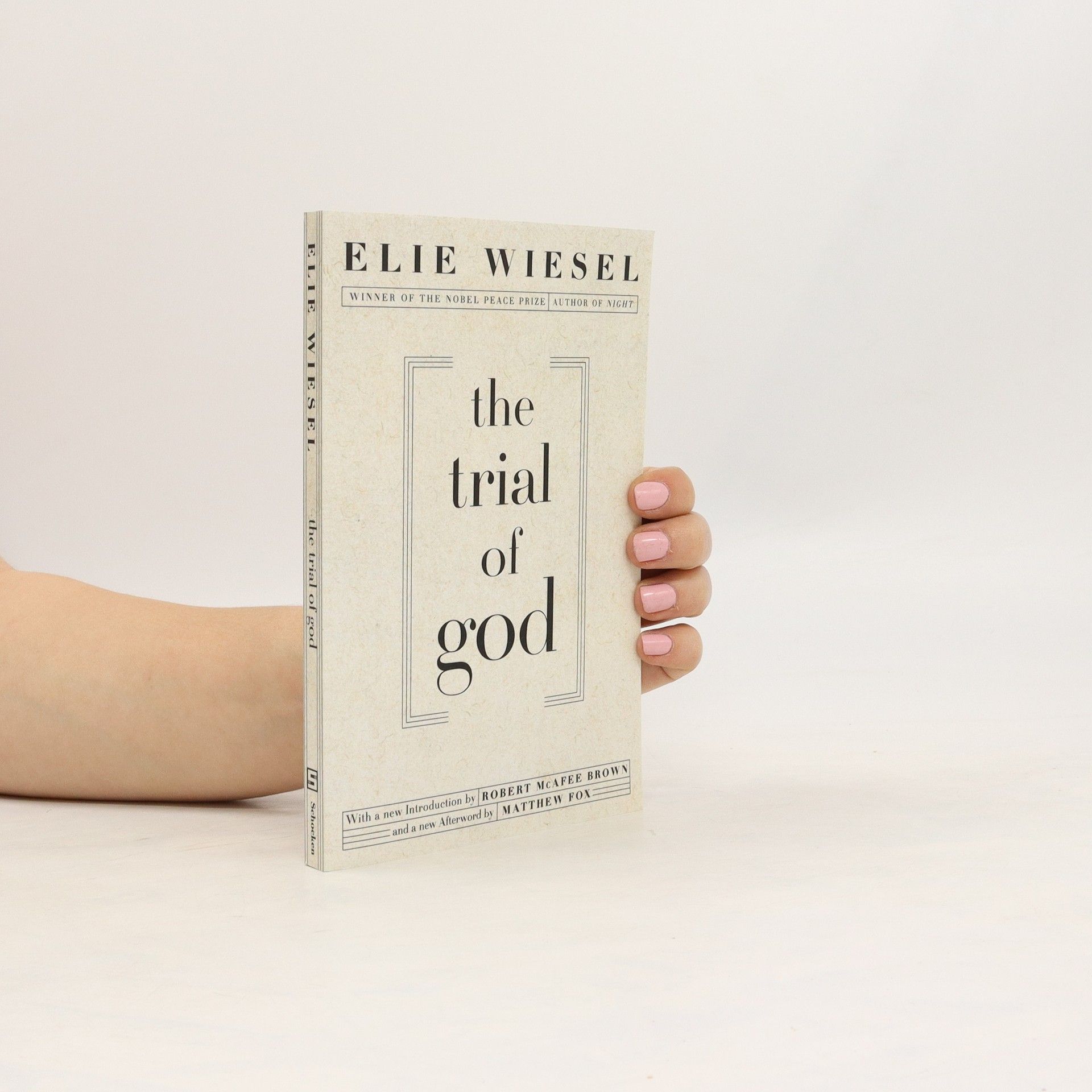El olvidado
- 352 páginas
- 13 horas de lectura
Una reflexión sobre la memoria por un autor Nobel de la Paz. Afectado por una enfermedad incurable, Elhanan Rosenbaum ve cómo poco a poco se le borra la memoria. Muy pronto no será nada más que un olvidado, un hombre sin raíces, desposeído de su propia historia: su infancia rumana, la guerra, el amor de Talia, el descubrimiento de Palestina, los combates en Jerusalén en 1948... En el relato que inicia para legar su memoria a Malkiel, su hijo, se mezcla la investigación de este en la población rumana de sus antepasados. Viaje extraño que le permitirá aceptar su propia identidad, forjada por una historia de la que no ha sido consciente durante demasiado tiempo. Un vasto fresco de cincuenta años de historia, al mismo tiempo que el destino de un padre y un hijo a los que alejan tantas cosas pero que son, a pesar de ello, indisociables. "Elie Wiesel es uno de los intelectuales y pensadores más importantes de nuestro tiempo. Es un testigo del pasado y un guía para el futuro. Sus libros extienden el mensaje de la paz, de la reconciliación y de la dignidad humana." Comité Noruego del Nobel, 1986








